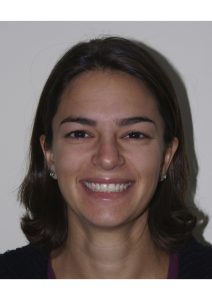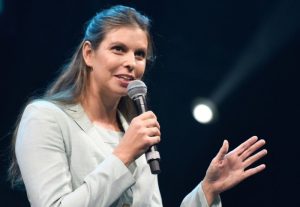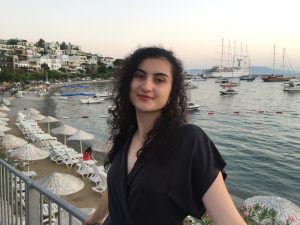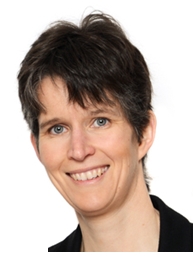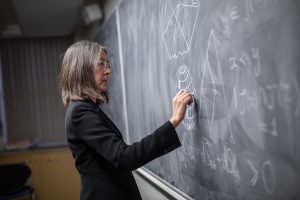This week for our Women on Wednesdays series, we spoke to Dr. Abbey Waldron, a postdoctoral researcher in the High Energy Physics group working on neutrino oscillation physics.
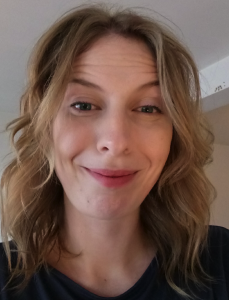
As a little introduction, what area of Physics do you specialize in?
I’m a neutrino physicist. I work on the Deep Underground Neutrino Experiment, which is a long baseline neutrino oscillation experiment. It starts at Fermilab, which is just outside Chicago in the US, and we make a beam of neutrinos by colliding protons on a target and then focusing the charged decay products and then when they decay, the secondary decays form a beam of neutrinos. This beam then travels 1300 km across the US to South Dakota, where we have our far detectors. We also have near detectors close to the beam production and that allows us to observe the neutrinos in both detectors and see how they’ve changed through oscillations as they travel.
The ultimate goal of that work is to see whether neutrinos and antineutrinos behave the same in their oscillation, because the matter-antimatter asymmetry from neutrino oscillations could lead to the matter-antimatter asymmetry that we see in the universe. We see a matter-dominated universe and this could help explain that.
(more…)
Read #WomenonWednesdays: Abbey Waldron in full
